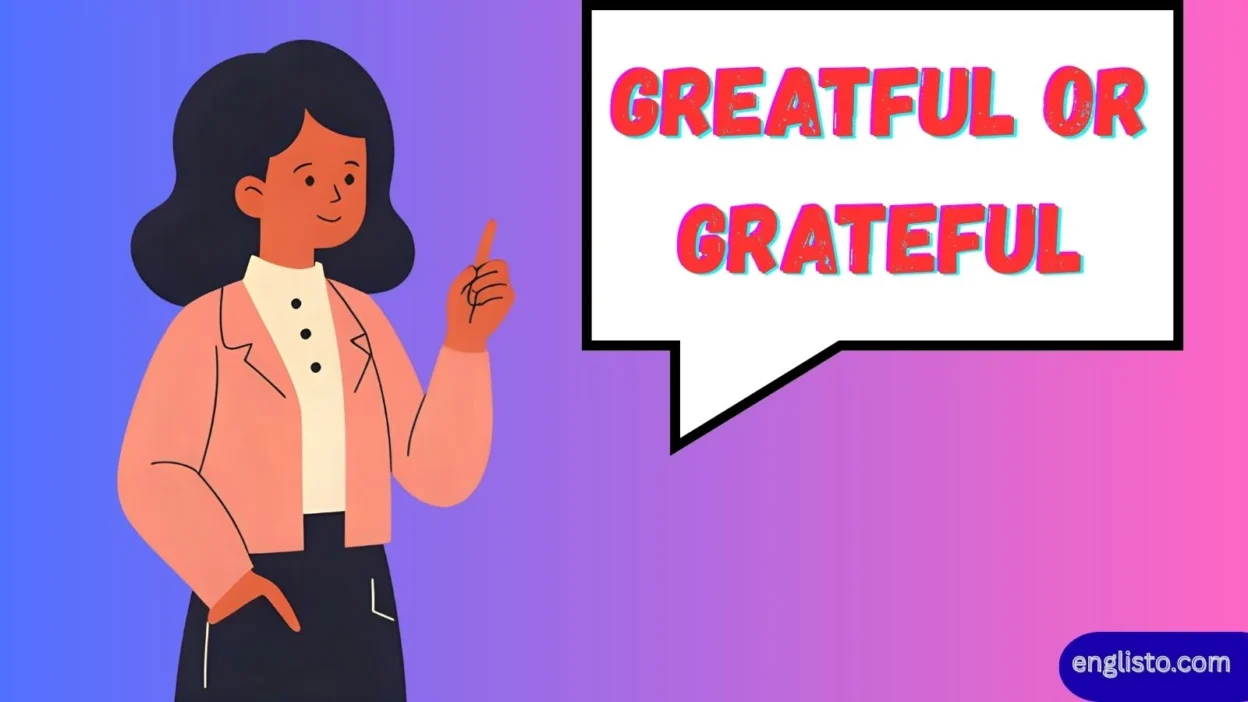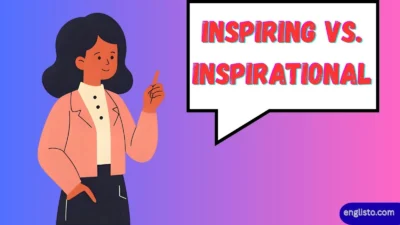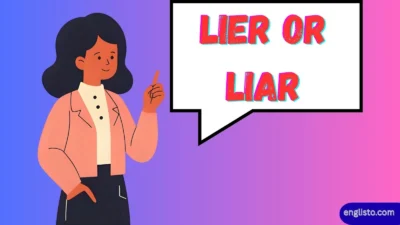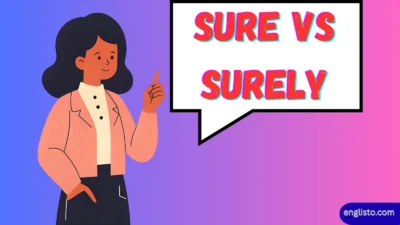Language can sometimes feel like a minefield, especially when two words sound the same but carry very different implications. One of the most common spelling mix-ups in English is “greatful” vs. “grateful.” At first glance, both look legitimate, and since “great” is such a familiar word, it feels natural to spell “grateful” with an ea. Yet only one is correct. Greatful or Grateful.
This article takes a deep dive into the difference, exploring origins, pronunciation, grammar rules, real-life examples, and tips to avoid the mistake. By the end, you’ll not only know which is right but also understand why—giving you confidence in both spoken and written communication.
Why “Greatful” Feels Right but Isn’t
At a glance, “greatful” seems logical. After all, we often link the idea of being grateful to something great happening in our lives. But here’s the catch: “greatful” isn’t a legitimate English word. You won’t find it in dictionaries, grammar guides, or professional writing manuals.
The correct form is grateful, and its history explains why.
| Word | Existence | Meaning | Notes |
| Grateful | ✅ Exists | Feeling or showing thankfulness and appreciation | Correct spelling |
| Greatful | ❌ Non-word | — | Common misspelling caused by confusion with “great” |
Key takeaway: If you’ve ever written “greatful” in an email or essay, it’s simply a mistake—not a new or alternative spelling.
Read More: Appetizer vs Appetiser: The Spelling Debate That Tastes Just as Good
The Origin of “Grateful”
The word grateful traces back to the Latin root gratus, which means pleasing, agreeable, or welcome. From this root we also get words like “gratitude,” “gratuity,” and “congratulate.”
In Middle English (15th century), “grateful” was formed to mean “full of thanks” or “appreciative.” The suffix “-ful” indicates being “full of” something, so grateful = full of thanks.
Meanwhile, “great” comes from a completely different Old English word (grēat), meaning large, mighty, or significant. The resemblance is coincidental.
“The thankful heart opens our eyes to a multitude of blessings.” – Aesop
Correct Spelling and Pronunciation
- Correct spelling: Grateful
- Incorrect spelling: Greatful
- Pronunciation: /ˈɡreɪt.fəl/
Even though it sounds like it contains “great,” remember that the “gra-” part comes from gratus, not from “great.”
Quick mnemonic device:
Think of gratitude → drop the “-itude” → add “-ful” → grateful.
Grammar: How to Use “Grateful”
“Grateful” is an adjective. It modifies nouns or pronouns, describing a person’s feeling or response.
Examples:
- I’m grateful for your support.
- She felt grateful after the doctor saved her life.
- They were grateful to receive the donation.
It can also be turned into:
- Gratefully (adverb) → He accepted the award gratefully.
- Gratefulness (noun) → Her gratefulness was evident in her smile.
| Form | Example | Role |
| Adjective | I’m grateful for your kindness. | Describes feeling |
| Adverb | He spoke gratefully after the rescue. | Modifies a verb |
| Noun | Gratefulness is a quality worth nurturing. | Expresses state |
Common Situations Where People Confuse It
Mistakes often pop up in fast writing—emails, text messages, or social media posts. Because “great” is such a dominant word in English, the brain naturally assumes “greatful” makes sense.
Examples of misuse:
- I’m so greatful you came today.
- She was greatful for the sandwich when she was starving.
Corrected versions:
- I’m so grateful you came today.
- She was grateful for the sandwich when she was starving.
Pro tip: Always proofread important writing. Tools like ProWritingAid or Grammarly quickly highlight errors like “greatful.”
Synonyms and Related Words
Sometimes repetition makes writing dull. Instead of saying “grateful” over and over, you can use synonyms or related expressions.
| Word | Nuance | Example |
| Thankful | Simple, everyday usage | I’m thankful for your help. |
| Appreciative | Formal, polite | We’re appreciative of your support. |
| Obliged | Old-fashioned, formal | I’m much obliged to you, sir. |
| Indebted | Strong sense of owing | I feel indebted to the doctors. |
| Blessed | Spiritual or emotional | She felt blessed to have such friends. |
The Impact of Using the Wrong Word
Using “greatful” instead of “grateful” may seem minor, but in academic, professional, or business communication, it can hurt your credibility. Employers, teachers, or clients may see it as careless.
Consider two emails:
- ❌ I’m greatful for this opportunity.
- ✅ I’m grateful for this opportunity.
The first one signals sloppy writing. The second builds trust and professionalism.
Practical Tips to Avoid the Mistake
- Memory trick: Connect “grateful” to “gratitude,” not “great.”
- Practice: Write three sentences daily using “grateful.”
- Checkers: Use grammar tools like ProWritingAid, Promova app, or built-in spellcheck.
- Proofread: Read aloud—errors often jump out in speech.
- Visual cue: Imagine a thank-you letter with the word “gratitude” glowing on it.
Real-Life Examples of “Grateful” in Context
- Personal: “I’m grateful my sister helped with the rent this month.”
- Academic: “Students felt grateful for the professor’s guidance.”
- Professional: “Our company is grateful for the support of our loyal clients.”
- Medical: “The patient was deeply grateful to the nurses.”
- Casual: “Thanks for the cookies, Jo. I’m grateful!”
Notice how versatile the word is—it works in formal speeches, business correspondence, and casual conversations.
The Beauty of Gratefulness
“Grateful” isn’t just about saying thank you. It’s a mindset. Research shows practicing gratitude improves mental health, deepens relationships, and even boosts physical well-being.
- People who keep a gratitude journal report higher levels of happiness.
- Saying “I’m grateful” creates positive connections in personal and professional settings.
- Gratitude encourages kindness, generosity, and humility.
Being grateful can turn an ordinary moment into something extraordinary.
FAQs
Q1: Is “greatful” ever correct?
No. It’s always a misspelling. Only “grateful” is accepted in English.
Q2: Why do people write “greatful”?
Because “great” is common and sounds similar to “grate” in “grateful.” It’s a phonetic slip.
Q3: How do I remember the right spelling?
Think of “gratitude” + “ful” = grateful.
Q4: Can I use “grateful” and “thankful” interchangeably?
Mostly yes, though “grateful” often carries deeper appreciation, while “thankful” is lighter.
Q5: What’s the noun form of “grateful”?
Gratefulness or gratitude. Both are correct, with “gratitude” being more common.
Conclusion
To sum it up: The correct word is “grateful,” never “greatful.” It comes from the Latin gratus (pleasing) and means full of thanks or appreciation. “Greatful” is simply a common spelling error, even though it feels natural to write.
Choosing the right form isn’t just about grammar—it’s about credibility, clarity, and connection. Every time you write “grateful,” you not only avoid a mistake but also express a timeless human value: thankfulness.
So next time you want to say thanks in writing, remember the simple truth: be grateful, not greatful.



